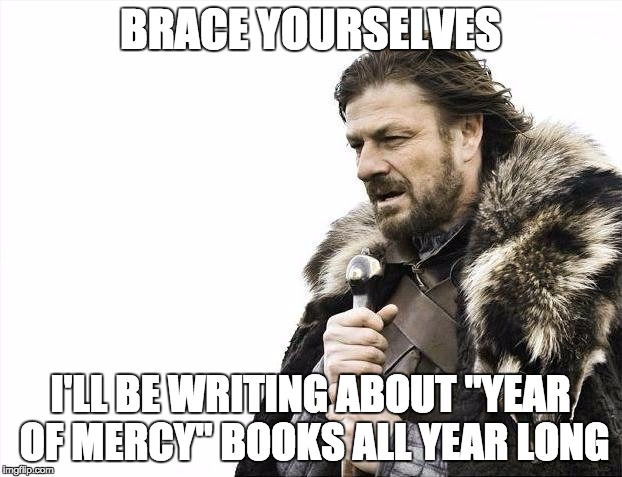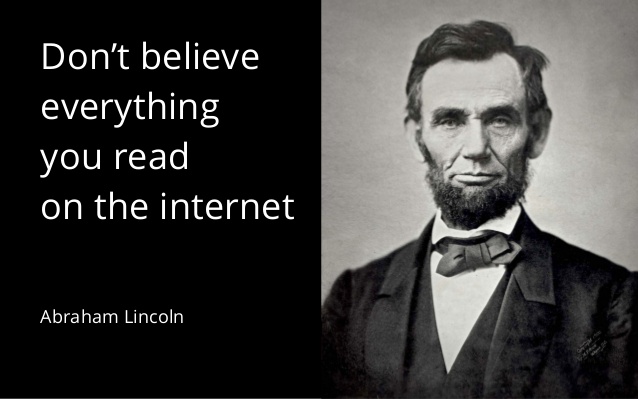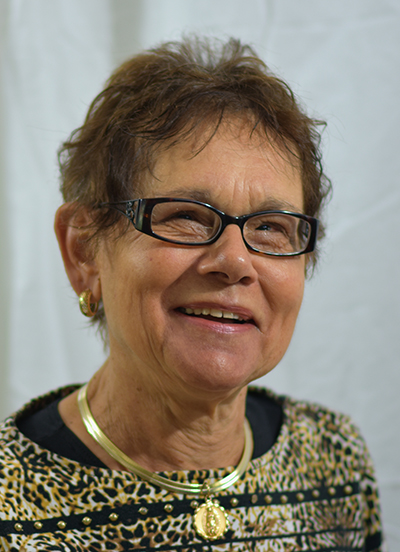Following is my October column for The Catholic Post.
One of the great advantages of our Catholic faith is how multifaceted it is.
For Catholics, life is not an “either/or” but a “both/and.” Catholicism is not either faith or reason—it’s both, as countless Catholic scientists throughout the centuries, many of them priests or religious, attest. (And, as St. John Paul II has written, “faith and reason are like two wings.”) It’s not about either feasting or fasting—it’s about both through the liturgical seasons, when we, for example, fast during Lent and feast during Easter time. It’s not about either emotional & physical health or spiritual health, but all of those which combine to help a person flourish.
The tradition of the Church has been to promote growth in the human virtues. Virtues are not some stodgy, judg-ey 19th century construct, but rather vivid competencies that free us to be our best selves, and help make us not just holier, but happier and healthier in all areas of life.
“The thief comes only to steal and kill and destroy. I came that they may have life, and have it abundantly,” Jesus tells us in the Gospel of John (10:10).
Two new books offer practical ways to grow in virtue and have that “abundant life,” with the ultimate goal of making us happier, holier, and more whole. While the target audience for one may initially be younger readers, and the other is for adults, both books are worthwhile for readers of all ages.
Emotional Virtue: A Guide to Drama-Free Relationships by Sarah Swafford is intended for older teens and young adults, but it contains helpful guidance for everyone in navigating relationships and emotional health.
In Emotional Virtue, Swafford brings St. John Paul II’s “Theology of the Body” into modern life, especially regarding having authentic, healthy relationships free of “use” or drama, in three progressive sections.
In “The Attack: Where Is This All Coming From?” Swafford deftly explains how the current culture, and social media in particular, makes achieving emotional maturity a very different challenge for today’s young people than when their parents were growing up. At the same time, she gives doable ways to be both aware of and to overcome those obstacles.
The chapters in “The Answer: Where Do We Go from Here?” explore what emotional virtue is, and how that is important for healthy relationships of all kinds, especially romantic relationships. Swafford makes the excellent point that there is no “altar switch” turning a person into a perfect spouse once married. Instead, a person should practice virtue and strive for emotional maturity throughout life. Acquiring those virtues brings a freedom to do the good, and helps a person be a better friend, spouse, and person in the world. As she writes, ““The stronger the good habits are reinforced, the freer I am to love.”
In “The Avenue: A Roadmap with the End in Mind,” Swafford clarifies some of the ways to become that person, by surrounding oneself by good friends also seeking the good, focusing on intentions, and the natural progression of a relationship.
One of my favorite parts of Emotional Virtue is the chapter titled: ”Finding Your Posse.” Swafford encourages young people to grow in virtue, develop authentic friendships, and spend time together in groups. Her advice about how to find a posse, (including prayer!) is helpful. Even older adults can benefit from having a “tribe” of like-minded friends.
Little Sins Mean a Lot: Kicking Our Bad Habits Before They Kick Us by Elizabeth Scalia is a very different book, but it focuses on the same concepts: growing in virtue makes us happier, holier, and healthier in every way.
Scalia, a longtime blogger known as “The Anchoress,” and currently English language editor-in-chief of the online publication aleteia.org, is a gifted writer with a knack for developing complex topics into compelling reading.
Little Sins Mean a Lot covers a baker’s dozen of minor bad habits that could become ingrained vices if not addressed: for instance, procrastination, passive aggression, gossip, self-neglect, suspicion, among others.
Little Sins is intensely personal; at times amusing, at times distressing, and always perceptive. As Scalia shares: “Writing this book has been a toothache of a process, mostly because it turned into–as I had predicted it would–a kind of mini-memoir, where I have been forced to confront myself.”
But that vulnerability and the personal nature makes Little Sins Mean a Lot so much more convincing, as Scalia’s stories help be personally challenging to readers self-reflect on his or her own bad habits, and consider prayerfully the remedy.
Scalia also recommends different strategies for overcoming faults, and those strategies become great nuggets of advice. In one chapter, she shares about how reading the lives of the saints can inspire action and change:
“ (It’s) not simply reading about saints, but using the examples of their lives, their own discoveries as they drew nearer to spiritual perfection, and their insights, as a kind of “lectio divina,” which means- simply put – to notice when you feel jolted or intrigued by something you have read, accept the feeling as a prompting of the Holy Spirit, and give yourself over to really thinking about the idea or biographical episode before you.”
Scalia writes with wisdom and grace about topics common and obscure. I’m not aware that Scalia is an official spiritual director or adviser, but her words in Little Sins Mean a Lot are a kind of spiritual advice compendium for our current times.
The quote from St. Francis de Sales on the back of my son’s cross country t-shirt sums up beautifully the perspective shared by these two excellent books: “Do not wish to be anything but what you are, and try to be that perfectly.”














